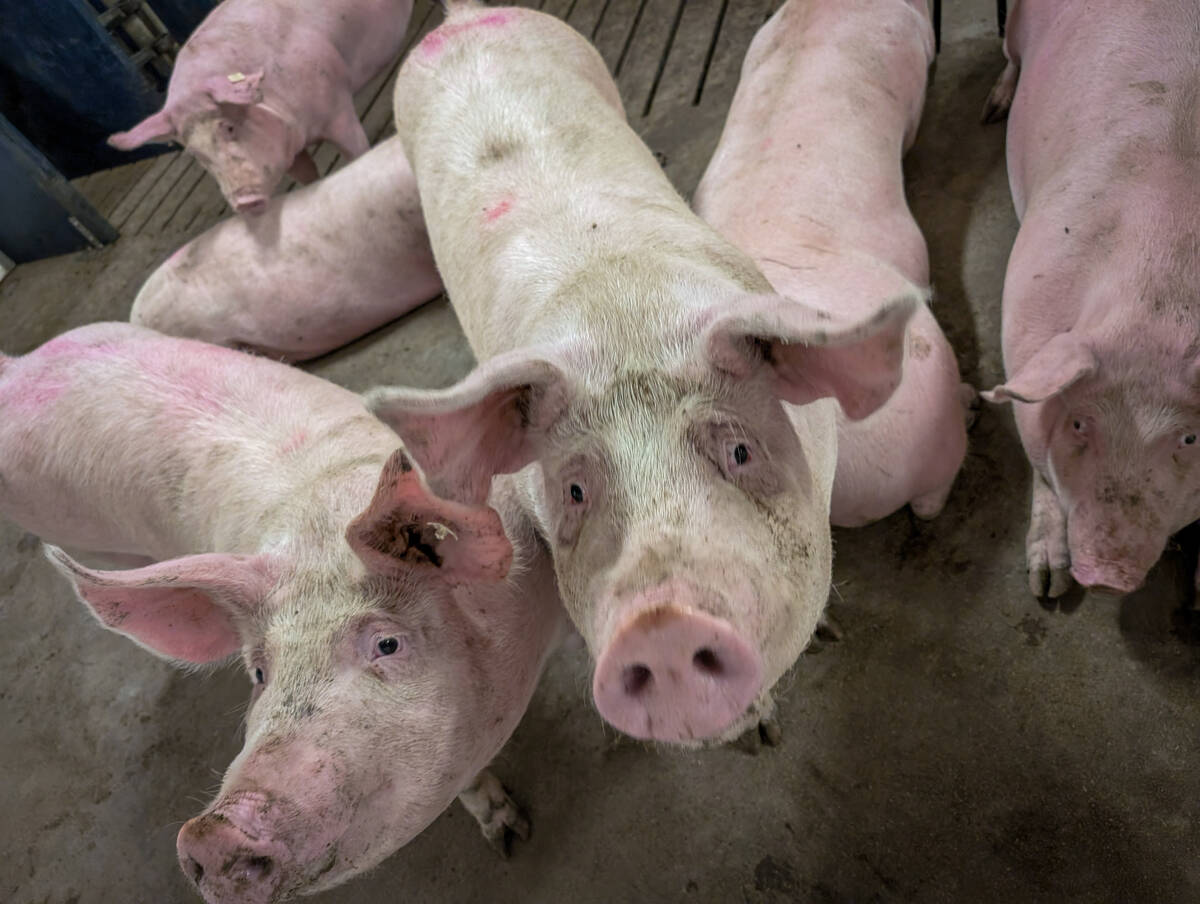The reopening of the Mexican border for Canadian poultry genetic exports will have little impact on prairie poultry producers, say poultry hatching organizations.
The lucrative Mexican market was closed to Canadians following the March 2004 outbreak of avian influenza in British Columbia, but its reopening, announced in a news release by federal agriculture Gerry Ritz, will not likely affect many Canadians.
“It’s pretty tough to compete with the U.S., geographically and the price,” said Dave Cherniwchan, general manager of the B.C. Broiler Hatching Egg Commission in Abbotsford, B.C.
Read Also

Pork sector targets sustainability
Manitoba Pork has a new guiding document, entitled Building a Sustainable Future, outlining its sustainability goals for the years to come.
Cherniwchan had not heard about the border reopening.
“None of the hatcheries contacted us,” he said.
Imports of day-old chicks, poults and hatching eggs to Mexico from all countries reached $18.2 million in 2009.
Ritz said the agreement could mean $2 million annually for Canadian producers.
Because Canada’s poultry producers operate under a supply-managed system, where the supply of chicks is roughly the same as the demand, there are no excess chicks to supply Mexico.
Through bilateral agreements, Canada imports about 20 percent of its chicks and eggs from the United States.
“I can’t see us exporting against the U.S. market,” he said.
“Nobody is going to jump on the wagon because of the cost difference. You can’t export stuff and lose money.”
Clinton Monchuk, chief executive officer of the Saskatchewan Broiler Hatching Egg Producers’ Marketing Board, said he doesn’t expect Saskatchewan’s hatcheries to begin exports to Mexico.
“We don’t export anything from Saskatchewan to Mexico,” he said.
In 2007, Mexico closed its doors to Saskatchewan chicks after an outbreak of avian influenza.
“It sounds like a big deal, but it isn’t,” he said.
A combination of supply management, no excess supply of chicks and higher costs to hatch chicks in Canada than in the United States means few hatcheries will take advantage of the reopened border, he said.
















